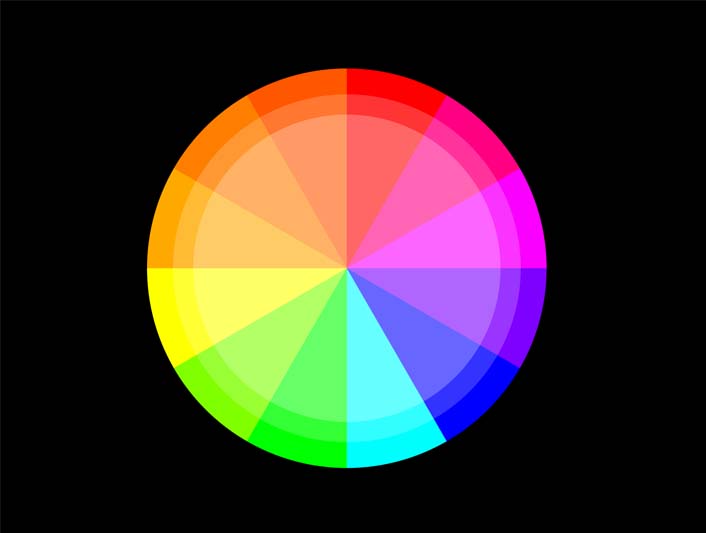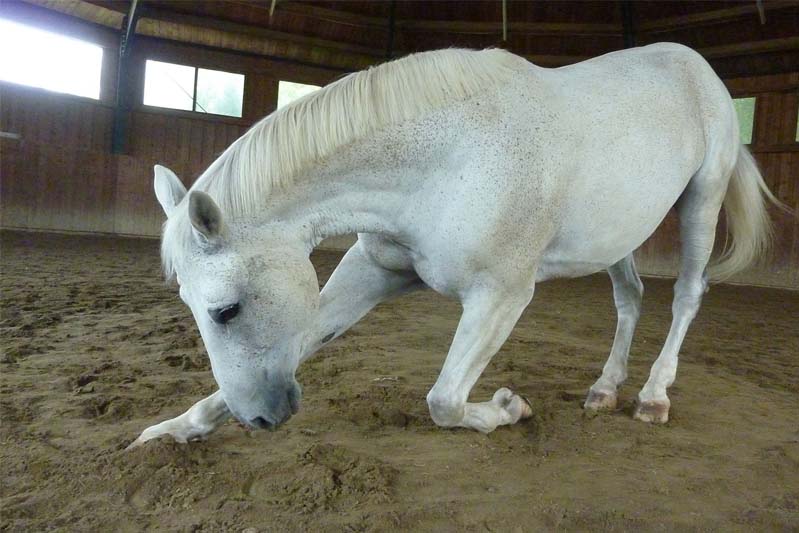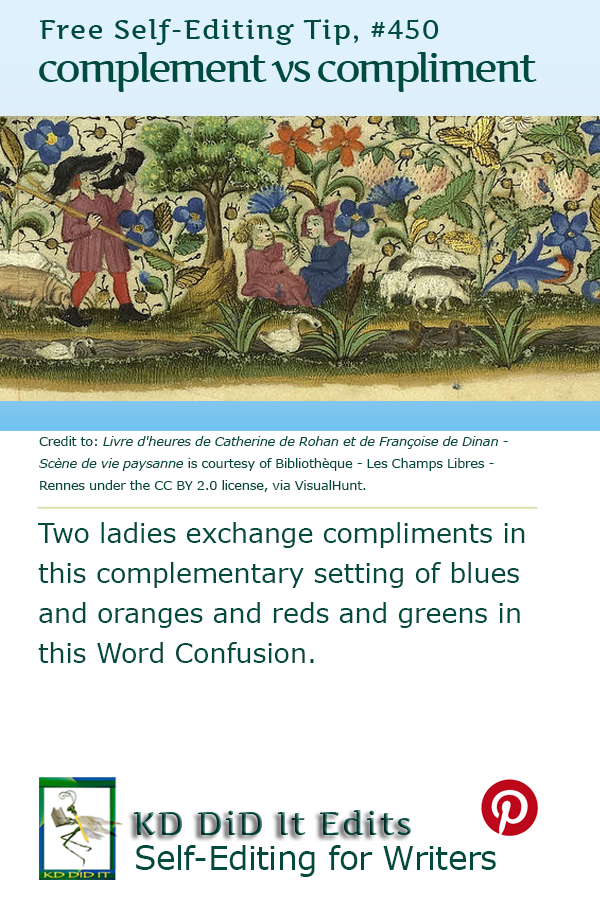Revised as of
30 June 2023
This word confusion complement versus compliment makes me nuts. It’s as though no one is aware that complement even exists!
An interesting mnemonic aid for this pair of heterographs was provided by TK from Daily Writing Tips: compliment with an i is the opposite of an insult while complement with an e “makes equal” or Cfoster’s “complete”. My own interpretation is that complement “goes wEll with ___” but then, that’s the artist in me!
Word Confusions . . .
. . . started as my way of dealing with a professional frustration with properly spelled words that were out of context in manuscripts I was editing as well as books I was reviewing. It evolved into a sharing of information with y’all. I’m hoping you’ll share with us words that have been a bête noire for you from either end.
If you found this post on “Complement versus Compliment” interesting, consider subscribing to KD Did It, if you’d like to track this post for future updates.
| Complement | Compliment |
|---|---|

RYB Color Wheel is WikiMakersOfOurTime is under the CC BY-SA 4.0 license, via Wikimedia Commons. — Colors opposite each other on a color wheel are their complements. |

Horse Compliment is Dee.lite‘s own work and is under the CC0 1.0 license, via Wikimedia Commons. |
| Part of Grammar: | |
| Noun; Verb, transitive
Plural for the noun: complements Third person present verb: complements |
Noun; Verb, intransitive & transitive Plural for the noun: compliments Third person present verb: compliments |
| Noun: Completes, goes well with something, brings to perfection May also refer to color choices, as in complementary colors A number or quantity of something required to make a group complete [Geometry] Amount in degrees by which a given angle is less than 90-degrees [Mathematics] Members of a set that are not members of a given subset [Grammar] One or more words, phrases, or clauses governed by a verb, a nominalization, or a predicative adjective that completes the meaning of the predicateAn adjective or noun that has the same reference as either the subject or the object [Physiology] Group of proteins present in blood plasma and tissue fluid that combine with an antigen-antibody complex to bring about the lysis of foreign cells Verb, transitive: Make perfect Add to or make complete |
Noun: An expression of esteem, respect, affection, or admiration Verb, intransitive: Verb, transitive: |
| Examples: | |
| Noun: We had the full complement of pots and pans. Blue is the complement of orange while red is the complement of green. The army is up to its full complement. Verb, transitive: The proposals complement the incentives already available. A classic blazer complements a casual look. |
Noun: With my compliments Oh, that’s a lovely dress. There was a very complimentary review in the paper. The drinks are complimentary. My compliments to the chef. Verb, intransitive: My performance was complimented. “This recipe has a touch of residual heat which everyone noticed and complimented” (Schroeder-Rankin). Verb, transitive: Celebrities frequently expect to be complimented with free goods. They complimented me on my performance. |
| Derivatives: | |
| Adjective: complemental, complementary Noun: complementary, complementer |
Adjective: complimentable, complimentaries, complimentary, uncomplimented Adverb: complimentingly Noun: complimentaries, complimentary, complimenter, compliments Verb, transitive: outcompliment |
| History of the Word: | |
| Late Middle English in the sense of completion from the Latin complementum, from complere meaning fill up. | Up until 1655, complement was the preferred English spelling
Between 1655 and 1715, the all-e spelling was gradually replaced by today’s version, compliment |
C’mon, get it out of your system, bitch, whine, moan . . . which words are your pet peeves? Also, please note that I try to be as accurate as I can, but mistakes happen or I miss something. Email me if you find errors, so I can fix them . . . and we’ll all benefit!
Satisfy your curiosity about other Word Confusions on its homepage or more generally explore the index of self-editing posts. You may also want to explore Book Layout & Formatting Ideas, Formatting Tips, Grammar Explanations, Linguistics, Publishing Tips, the Properly Punctuated, Writing Ideas and Resources, and Working Your Website.
Resources for Complement versus Compliment
Apple Dictionary.com
Schroeder-Rankin, Karen. “Cajun-Style Potato Salad.” Southern Living. 20 June 2023. Web. 30 June 2023. <https://www.southernliving.com/recipes/cajun-style-potato-salad>. Recipe.
Pinterest Photo Credits:
Livre d’heures de Catherine de Rohan et de Françoise de Dinan – Scène de vie paysanne is courtesy of Bibliothèque – Les Champs Libres – Rennes under the CC BY 2.0 license, via VisualHunt.


